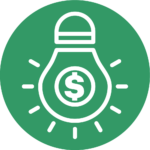Keeping track of money doesn’t have to be hard and complicated. In fact, it should be just the opposite.
One thing I’ve learned from running sessions on money management for creative students is that a fear of checking the bank balance is really common.
“If we don’t know what’s going on with our money, we’re permanently living with that fear of the unknown”

I know the feeling. I had a fairly privileged ride through higher education and yet, financially, still managed to clutch defeat from the jaws of victory at just about every turn. Checking my balance was like reviewing a list of bad decisions.

In retrospect, I didn’t know where to start, how to find the information I needed or, just as importantly, how to use that information to improve the situation. What’s more I felt like it would just be bad news and I didn’t want to think about that, thanks very much.
Want to make sure you never miss a post?
Sign up to the Creative Money newsletter!
Let me read it first >
The issue with this approach is that if we don’t know what’s going on with our money, we’re permanently living with that fear of the unknown. And that’s at best wearing and unpleasant and, at worst, life-ruining.
I’m a lot better with this stuff now. It didn’t happen overnight but over time and with help and input from friends, mentors and assorted internet heroes, I’ve settled on a process that seems to work.
What has made the difference? Well, the two main thoughts that occur to me now are…
1) It’s better to review trends than transactions
2) 30 mins once a month is much better than six hours once a year
So how do I keep track?
I use a budgeting app

Budgeting apps are, for me, best used as part of a wider system. Having an app that gives you a sense of your spending trends is only useful if the transactions are tagged up relatively accurately.
This doesn’t need to be painful. I just check for a minute or so every few days to make sure it’s not tagged my weekly shop as a Virgin Galactic flight and there’s enough in the current account. I find this is best done during those times when I’m holding my phone but can’t remember why.
I keep it relevant
I don’t use every category available in my budgeting app. I just pick five to 10 options that can house every transaction.
I’ve tried to narrow it down to the things that reflect my priorities. I’ve also got savings/investments automated, which has the considerable benefit of meaning I feel OK if I spend what’s left over on fun stuff.
Mostly, though, I just need to make sure it’s easy to spot those times when I’ve eaten a heap of flash takeaways and yet hear myself saying things like, ‘No we can’t afford to buy her new shoes. She’s four. Why would she possibly need to go outside?’
I dump it into a spreadsheet once a month

On the first of the month, I will sit down and drop the totals from the 10 or so spending categories (plus income) for the last month on a spreadsheet. This takes 10-15 minutes. A few really simple formulas tell me how much I have left over (or overspent) from the previous month.
Next, I’ll check the balances of savings accounts, stocks and shares ISA and pension(s) and – if I’m feeling particularly fruity – the outstanding mortgage and whack that on another sheet. This tots it up and tells me my net worth, or as I like to think of it, ‘how much I don’t have to work’. This also takes about 15 minutes.
I just keep doing it…
Doing this just once a month means my passwords are not buried in the bottom of a drawer, I have a relatively accurate idea of our spending trends and I have a quick reference point if I need to make decisions about work.
Recently, following some very helpful tips from early retiree whizkids Alan and Katie Donegan, my wife and I have started to have a brief chat about what these figures look like, what surprises us, what direction things are going in etc. It started off quite awkwardly but we can now look each other in the eye when we do it, which is progress.
I’ve found the biggest benefit though is that the act of checking in each month tends to mean I make better calls about spending and it helps me to stay consistently motivated with savings/investments. Why not give it a go and see if it works for you?
Now read How to sort out your finances in 5 stupidly simple steps to find out how this approach can help you with the really big stuff…

